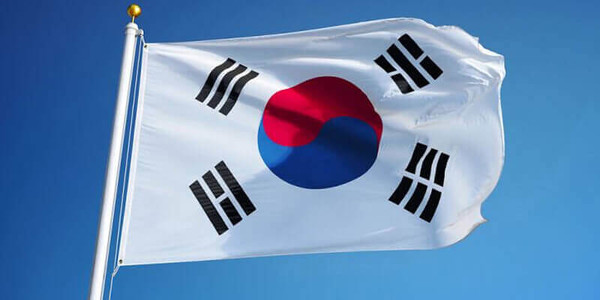Do you know kimchi? Do you know Psy?
Do you know Park Ji-sung?
You may have heard at least one of these “do you know” questions Koreans ask foreigners, which have been over-asked to the point that they are now memed as instances of excessive national pride among Koreans. Perhaps so excessive that there is a word for it: gukppong. Gukppong, literally meaning “nation meth”, is a Korean portmanteau word combining gukga (nation) and Philopon (Japanese slang for methamphetamine). Originated from an online community website, it is used to mock one’s excessive nationalism and chauvinistic behavior.

South Korea is no stranger to such intense national pride. The “do you know” series is only the tip of the iceberg. Textbooks frequently praise select aspects of the country, such as the scientific nature of Hangul or the advanced traits of the Korean people, or Han minjok. Numerous highly rated television programs include scenes of foreign celebrities praising South Korea at the expense of their home countries. YouTubers such as “Korean Englishmen'' and “The World of Dave'' reached well over 1 million subscribers by filming foreigners reacting to the features of Korean society that portray Korea in a positive light. More recently, there is a growing number of gukppong YouTube channels blindly praising every aspect of South Korea, creating videos with clickbait titles along the lines of “Why Korea is the best in the world” or “Reasons why the world is envious of Korea”. Although these videos consist of cherry-picked evidence and arguments ridden with logical fallacies, their view count and like-to-dislike ratio suggest the presence of a large, loyal audience.
While the gukppong mentality has accompanied Korean society since the early 2010s, it seems to have become more severe in recent years. Take a look at another satirical term Hell Joseon, which laments the hopelessness of Korean society. While its usage peaked in 2015, during the Park Geun-hye administration, it is rarely used both online and offline in recent years; simultaneously, an increasing number of people are now only praising the country — the gukppong YouTubers are one example. The rapid rise and fall of Hell Joseon signals an important change in Korean nationalism: self-awareness and self-criticism are quickly diminishing as self-praise and self-satisfaction takes their place. In other words, for many, gukppong is no longer a satirical phrase, but a truth.
But what has changed? One answer to this question is that South Korea has simply been doing better. Korean pop culture has swept across the world, epitomized by Parasite winning Best Picture at the 2020 Oscars. South Korea’s COVID-19 response was recognized and praised globally, as the country provided the world a model of contact-tracing and mass testing to flatten the curve. The government saw such success as an opportunity to appeal to patriotism, and advertised South Korea’s COVID-19 response as K-bangyeok, meaning K-anti-infection. This was accompanied by a growing doubt in Western society — which Koreans looked up to — as the West struggled to combat coronavirus and suffered from protests that were rooted in profound racial conflict. South Korea’s relative stability in a time of instability fueled nationalism already present within Koreans.
It is inevitable then that we ask the discomforting yet necessary question: is gukppong bad? One can argue that being proud of your country, such as when it competes in the World Cup, is a perfectly natural behavior — and it is. However, a healthy dose of patriotism and excessive nationalism are two dangerously different concepts. While gukppong has traditionally resided in between the two terms, recent events alarm us that it can easily mutate into the more precarious of the pair. An overdose of nationalism leads to people being intolerant of outside criticism. Whether it be criticisms of racism or environmental regulations, Korean society showed an entirely different side when foreigners criticized them rather than giving the usual praise. Moreover, being intoxicated with recent success may divert attention away from the arguably more pressing problems South Korea is facing, such as low birthrates, gender and class conflict, unemployment, human rights, and the environment. These issues have not changed across administrations, yet they are constantly glossed over with the façade of success.
South Korea shifted from lamenting about its hopelessness to taking immense pride in its accomplishments in just five years. Such a drastic change is not normal. While gukppong in its core is not bad, history is ridden with cautionary tales of chauvinism that inevitably leads to a country’s downfall. One can disregard it as an overreaction, claiming that small doses of gukppong is innocuous. The answer, however, seems to lie in the name itself: “nation meth”. Once you start taking a drug, can you really stop?


By the way, besides from Psy, Park Ji Sung and BTS, I also know Twice!
Although I'm not Korean, I see why Korean people are proud of their culture!